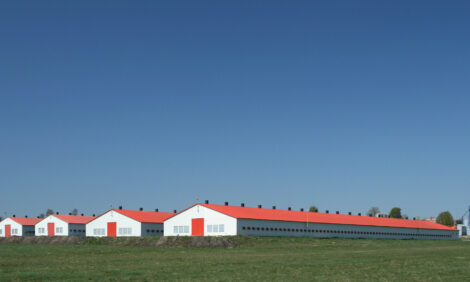



Boom in Brazilian Chicken Exports to Egypt
BRAZIL & EGYPT - In January this year alone, chicken exports rose 235 per cent in volume and 301 per cent in values in comparison with the same month in 2010. Ubabef forecasts between three and five per cent increase in total chicken exports this year.Egypt stood out in January this year among the main destinations for Brazilian chicken, according to the Brazil-Arab News Agency. In comparison with the same month in 2010, exports grew 235 per cent in volume, rising from 2,429 tonnes to 8,156 tonnes. In value, the growth was even greater, from US$3,761 million in January last year to US$15,083 million in the first month of this year, growth of 301 per cent.
According to Francisco Turra, the president at the Brazilian Poultry Union (Ubabef), sales to the Arab country should continue on the rise. "The chance of growth is great as the demand for Brazilian chicken is very high," he said.
The executive explained that in 2010, Egypt was among the main destinations for exports of Brazilian chicken. According to Mr Turra, cases of bird flu in the Arab country made Egypt increase its imports of chicken from Brazil.
He added: "Brazilian exporters, save some exceptions, are not very concerned" with the political crisis in the Arab country. Despite living a moment of turmoil, in which the population calls for the ousting of President Mubarak, imports from Egypt posted relative growth greater than that to the African continent as a whole. In the comparison between January 2010 and 2011, Brazilian chicken exports to Africa grew 41.8 per cent in volume and 90.8 per cent in value. "Egypt is a market that shows great confidence in Brazilian exporters. The entire Middle East is still buying much," said Mr Turra.
For the calendar year 2011, the Ubabef president forecasts export growth that he himself defines as "conservative" of between three and five per cent over the volume sold on the foreign market in 2010. Among the factors to affect exports is the high cost of soy and maize, as well as the unfavourable exchange rates due to the appreciation of the Brazilian real.








